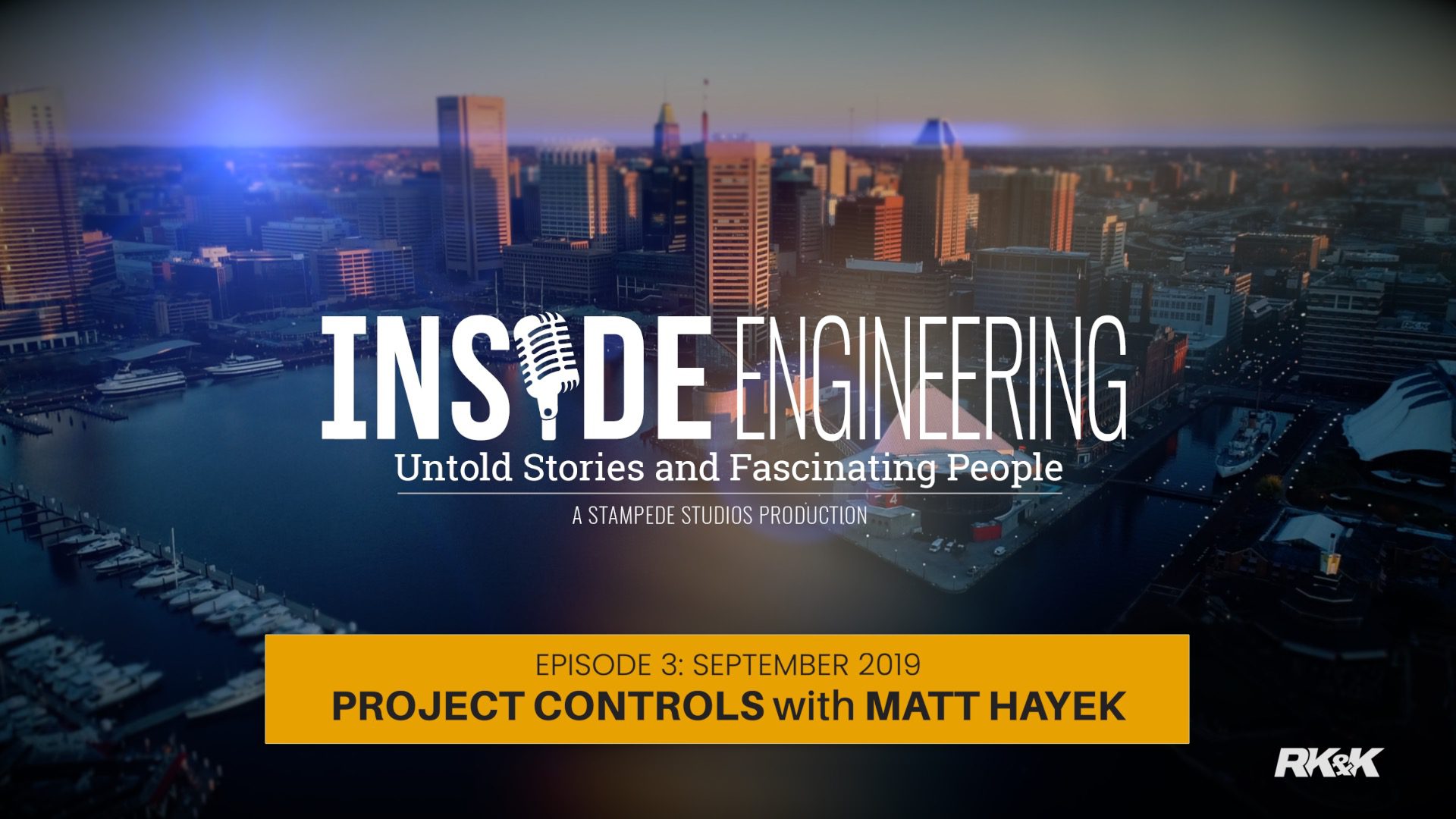Listen
Watch

Show Notes
Chapters
Lesson Learned
Matt got some great advice earlier on his career to remember that while keeping up with life and work can be overwhelming, family always comes first.
Pick of the week
Matt’s pick was the band Young the Giant. We listened to snippets from the tracks ‘Simplify’ and ‘Call Me Back’ from the album ‘Mirror Master’.
